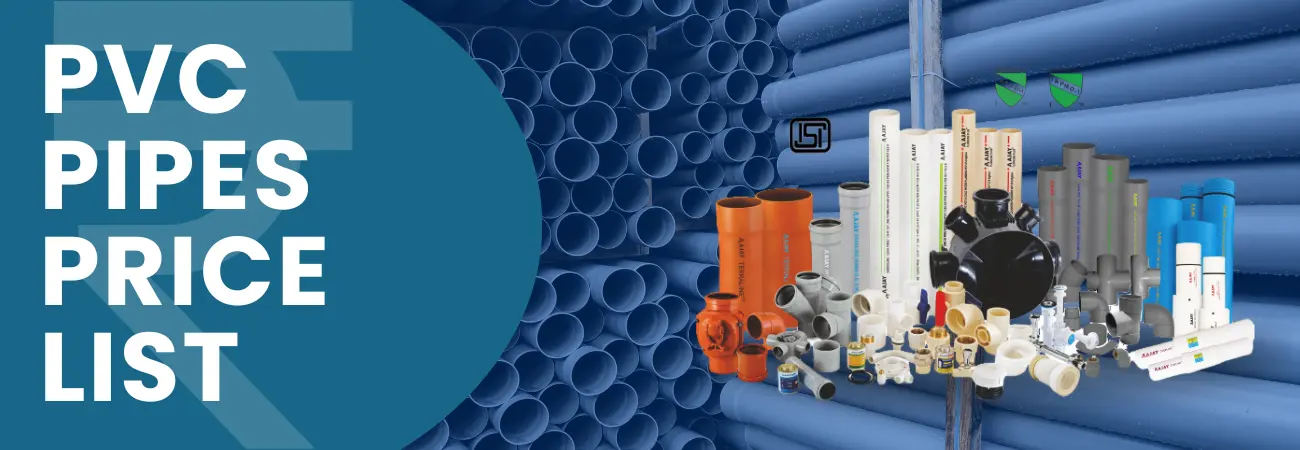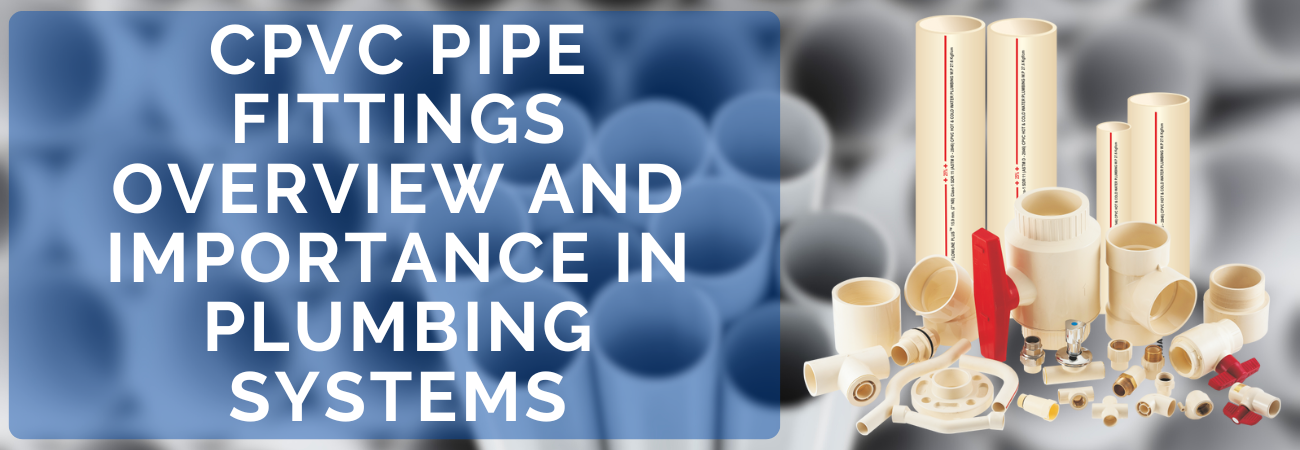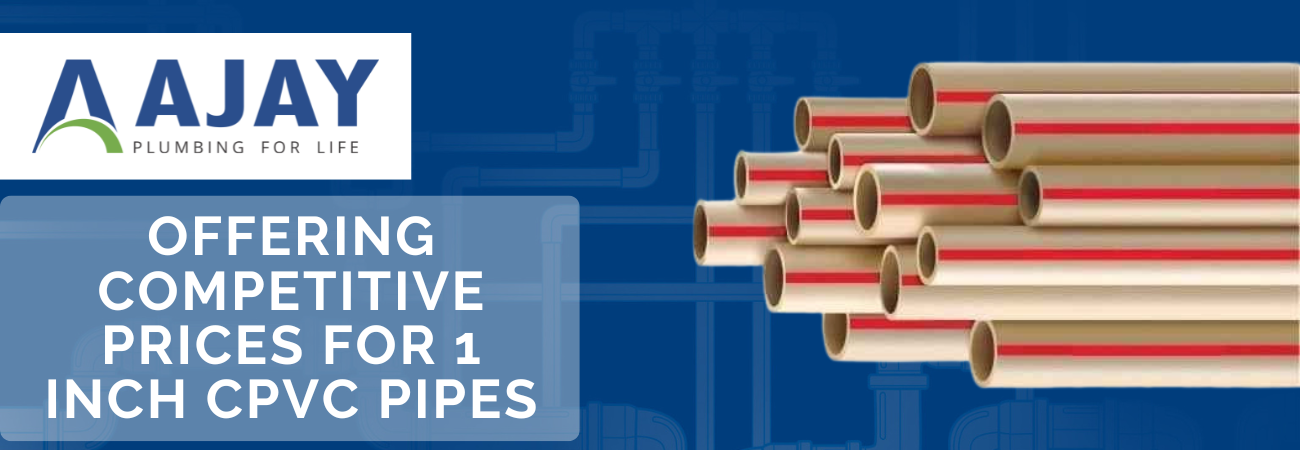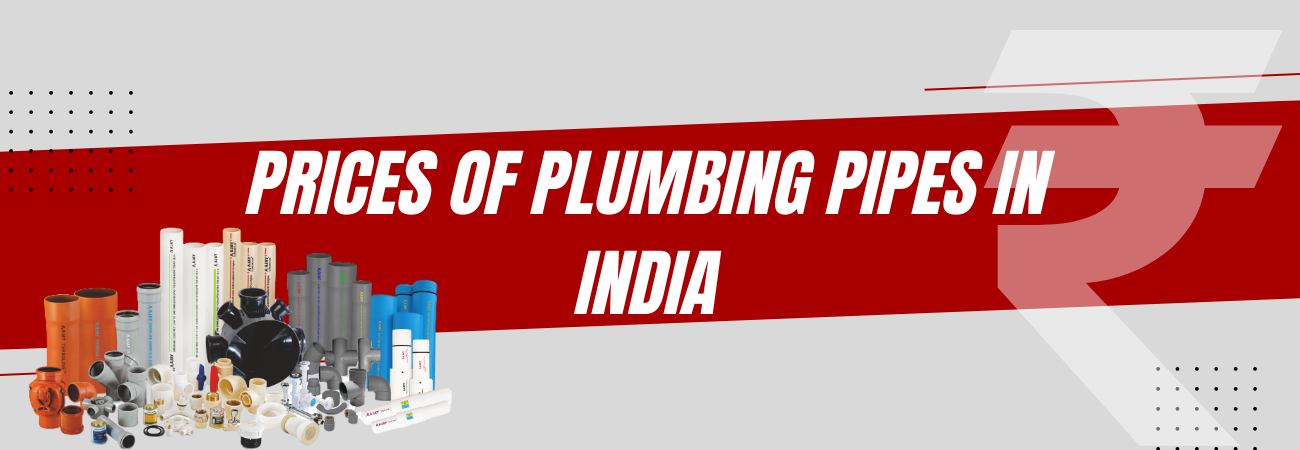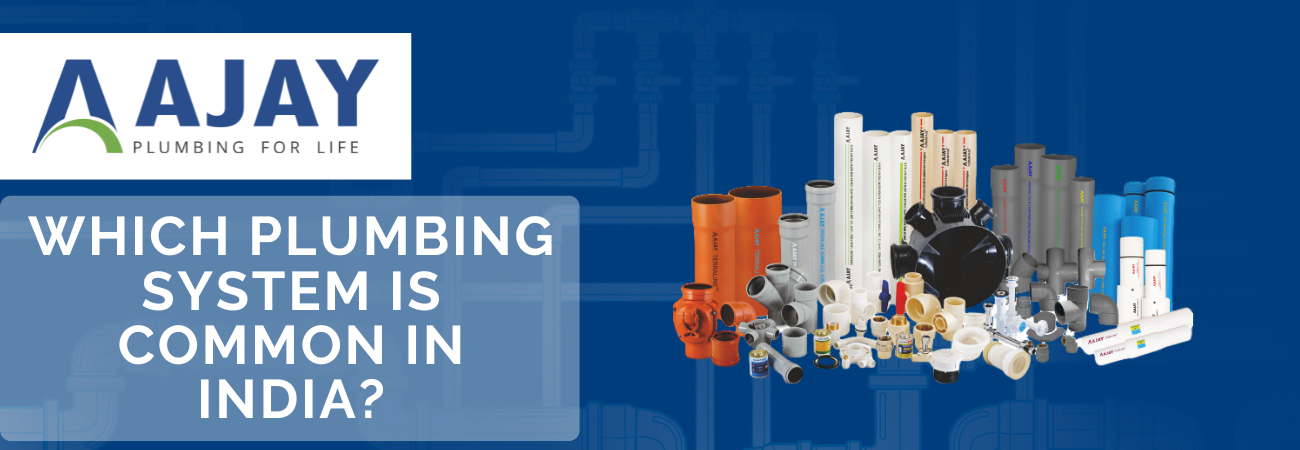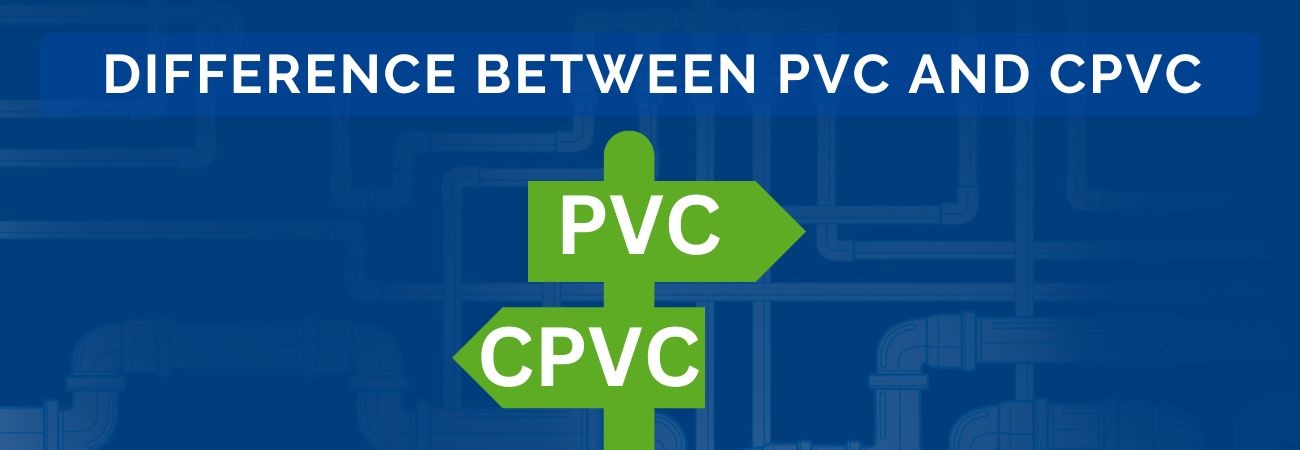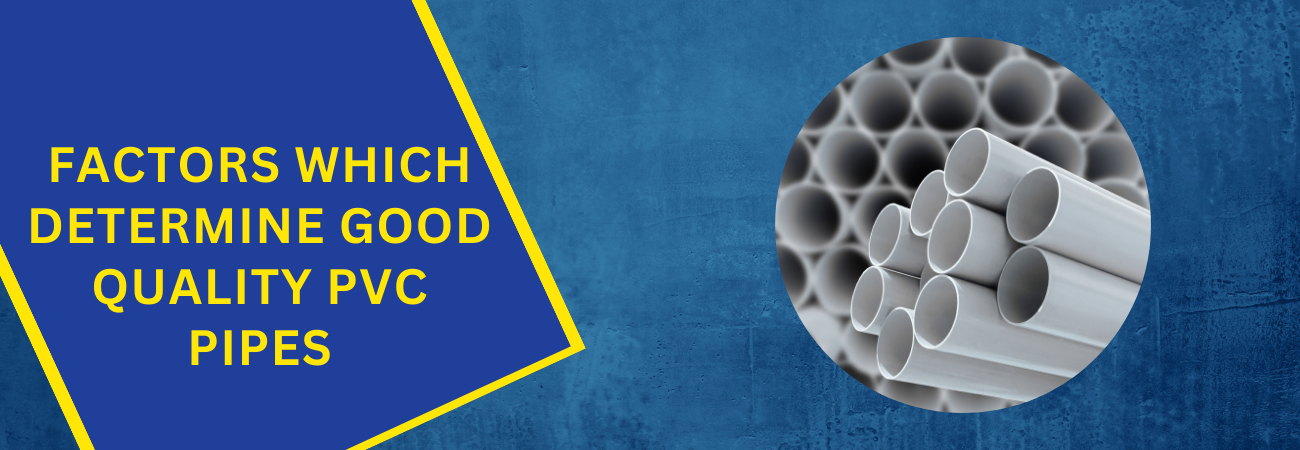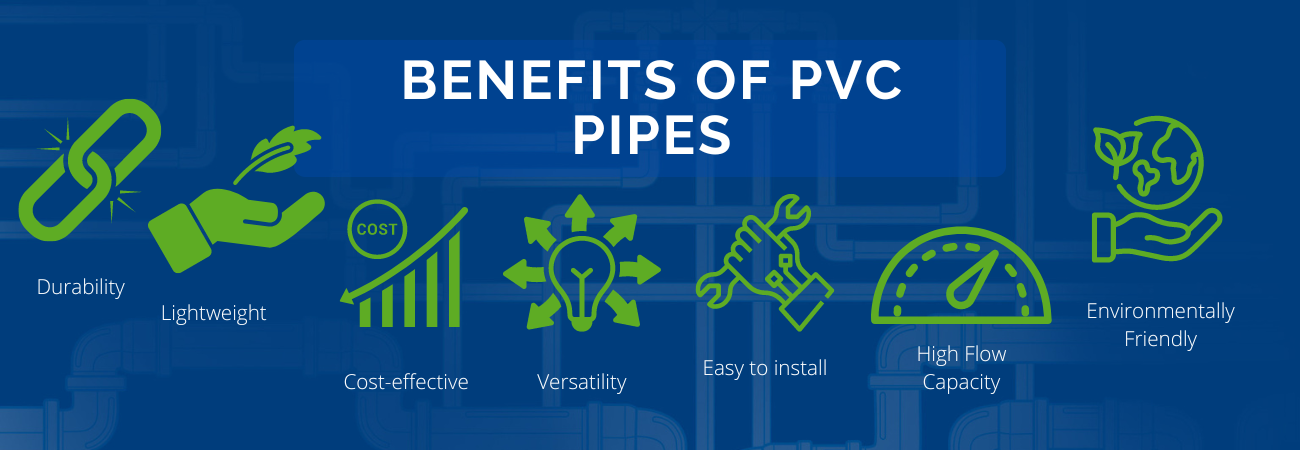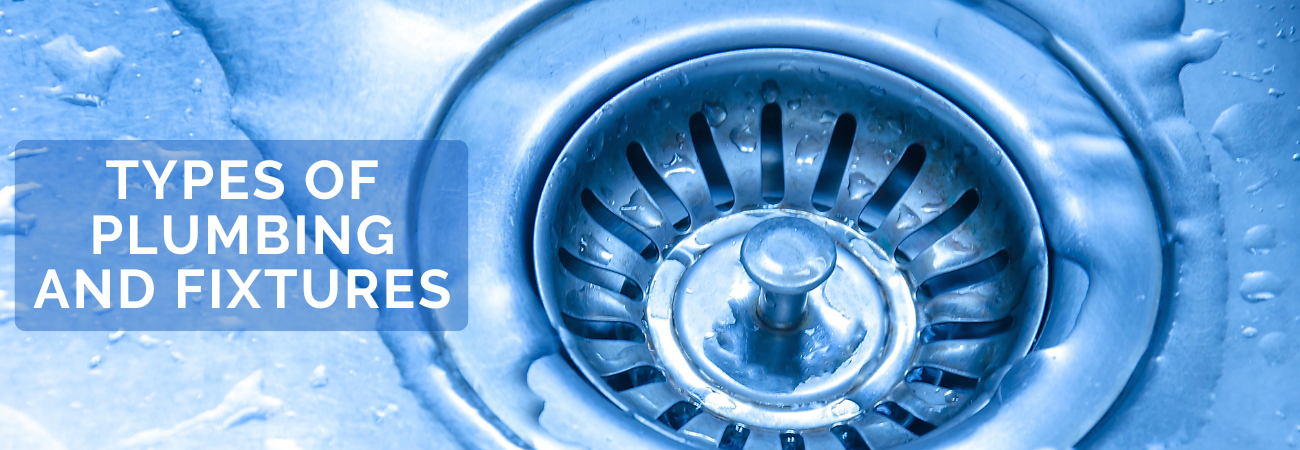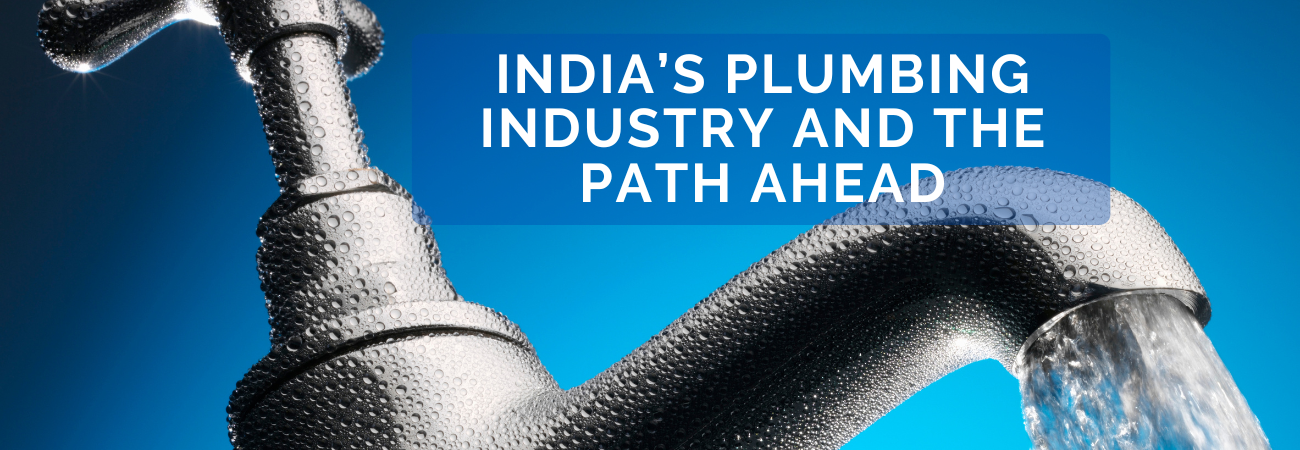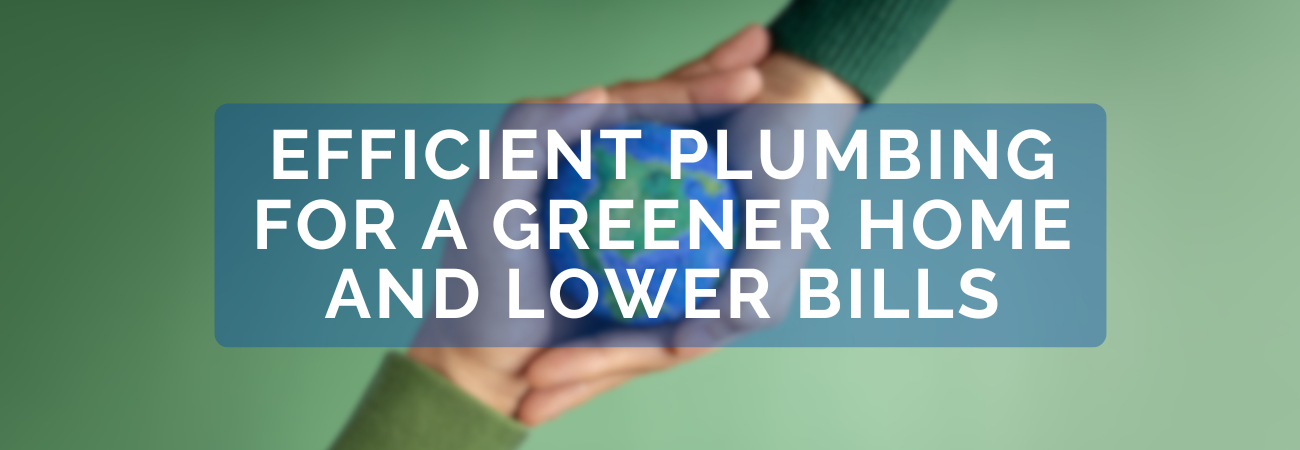Introduction
What is PVC pipe?
PVC pipe full form is Polyvinyl Chloride. It is a man-made plastic where stabilizers and other additives prevent degradation and gives the polymer the desired physical properties. PVC pipes were initially used in the sewage, and drainage applications since the 1950s. However, in the present, there are around two million miles and much more of PVC pipes in service.
PVC pipes are designed to resist oxidation and degradation. They are resistant to corrosion, scaling and microbial attack. The durability is relatively high in PVC pipe, meaning the lifespan of PVC pipes can be 50 years and longer if installed properly. Improper installation that includes poorly solvent joints or tree roots burrowing their way into the pipe connection can damage the PVC pipes and may cause failure.
PVC Pipe Uses
Water supply
The PVC pipes are strong, lightweight, resistant, and low-reactive. This makes them suitable for water distribution applications. PVC pipes have a maximum temperature threshold and are used for cold water lines.
Drainage
PVC pipes do not wear, rot, or rust. They are resistant to fracture and have the ability to yield under loading without fracturing. PVC pipes are widely used for sanitary and underground plumbing.
Chemical Industry
PVC pipes are resistant to inorganic acids, alkalis, salts, and alcohols. They are used for transporting hazardous chemicals as they have high resistance to corrosion.

TYPES OF PVC PIPES
PVC pipes are categorized into UPVC (Unplasticised PVC), PVC-O (molecular oriented PVC), and High Impact PVC (PVC-Hi).

1. UPVC
UPVC stands for Unplasticised PVC and is also known as rigid PVC. This means no plasticizer has been added to the PVC compound. UPVC pipes and fittings are the most commonly used PVC types for transportation of drinking water, soil and waste, sewage, and underground drainage system. UPVC pipes and fittings are light and easy to handle. They offer high mechanical performance, durability for a longer time, resistance to chemicals & UV exposure, and are 100% recyclable. PVC pipes can be used for pressure and non-pressure applications.

2. PVC-O
The amorphous structure of UPVC undergoes a process where it is turned to a layered structure, the product is known as PVC-O or Molecularly Oriented PVC. Along with the benefits of UPVC such as resistance to corrosion, maintaining water quality, and recyclability, the PVC-O pipes strike a balance between strength, stiffness, and flexibility. PVC-O pipes are an excellent option for pressure pipes for drinking water.

3. PVC-HI
PVC-Hi stands for High Impact PVC. This is obtained by adding to UPVC, an impact modifier that increases the pipe’s resistance to external pressure or blows.

4. PVC FOAM CORE PIPE
These are 3 layer pipes consisting of a hard outer and inner layer and a foamed middle layer. These are non-pressure pipes which feature high wall thickness combined with considerable weight savings. The 3-layer structure gives these pipes high stiffness and hence ability to take greater soil loads in underground drainage applications.
PVC PIPES FEATURES & BENEFITS
Features
PVC pipes are traditionally white or dark grey. The technical description of the pipe is printed on the side. They are non-toxic and are safe. They are available in a rigid form that is commonly used in construction and piping applications and flexible forms used in electric cable insulation.
PVC pipes are strong, lightweight, resistant, and low-reactive. This makes them suitable for sanitary, underground plumbing, and other water distribution applications.
PVC pipes do not wear, rot, or rust and are affordable. PVC pipes are highly resistant to fracture and have the ability to yield under loading without fracturing. PVC pipes are suitable for water, gas, and drainage systems. Since PVC has a maximum temperature threshold they are used for cold water lines.
Benefits
PVC pipes are affordable and can be used for long runs. Easier to work with when compared to steel or copper
For any queries, contact the plumbing experts at Ajay pipes on the Toll Free No. : 1800-11-4050 or via email at our email address info@ajaypipes.com



